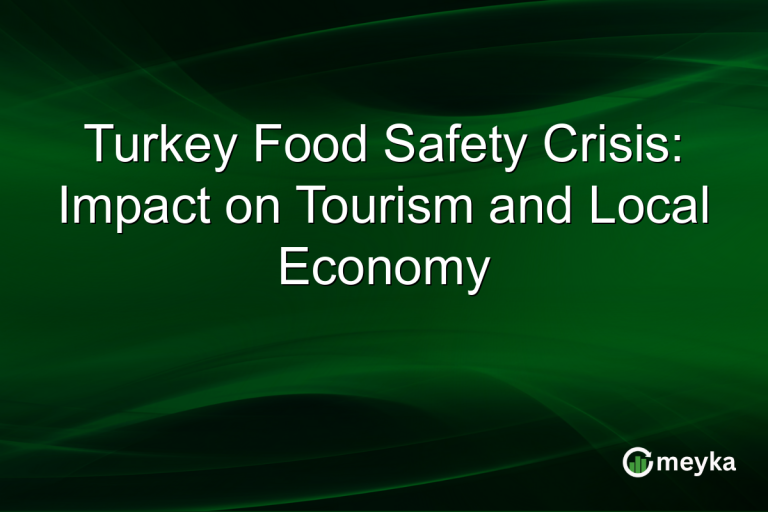Singapore Death Penalty News Today: Renewed Global Scrutiny After High-Profile Cases
Singapore’s death penalty is once again in the spotlight, drawing criticism from international human rights groups. Recent events, including the scheduled execution of a drug offender and a clemency plea by Pannir Selvam Pranthaman, spotlight the nation’s strict drug laws. This scrutiny could influence Singapore’s legal framework and impact its global image.
Current State of Singapore’s Death Penalty
Singapore’s strict approach to drug offenses, including the death penalty, has been contentious. The most recent case involved the execution of a drug trafficker, renewing global criticism. According to official sources, Singapore executed seven individuals in the last year for drug-related offenses.
This practice continues to spark debates about human rights and legal fairness. The country’s stance is often defended as necessary for deterrence. However, international consensus is shifting towards rehabilitation over capital punishment, putting pressure on Singapore’s policies.
Pannir Selvam Pranthaman’s clemency plea, supported by global and local advocacy groups, further highlights the issue. His case stands as a symbol of growing opposition to the death penalty.
Read more on Reuters.
Impact on Singapore’s Legal and Economic Standing
This renewed scrutiny could have broader implications for Singapore’s legal and economic standing. Multinational companies consider human rights practices when choosing locations for expansion or relocation. Strong criticism of Singapore’s death penalty could affect how these companies view the country’s regulatory environment.
Singapore’s reputation as a rule-bound, stable business hub is crucial to its economy. The ongoing debate on the death penalty might challenge Singapore’s image as a progressive and fair society. Trade partners and foreign investors could demand more transparency and reforms.
Banking and finance sectors, heavily dependent on Singapore’s global perception, may feel the pressure, affecting future investments and collaborations with international entities.
Singapore’s Drug Laws Under Global Scrutiny
Singapore’s drug laws are among the strictest worldwide. Possession of certain amounts of drugs can lead to the death penalty. This zero-tolerance policy draws both support and criticism, with many advocating for reforms.
Critics argue that the laws disproportionately affect marginalized groups, while supporters claim they maintain societal order. Global movements toward humane approaches to drug offenses suggest Singapore might face increased calls for policy shifts.
An evolving international perspective on drug laws could influence Singapore’s decisions. The challenge will be balancing its internal policies with external pressure without compromising national security.
Final Thoughts
Singapore’s current dilemma over its death penalty laws reflects broader global tensions between maintaining strict legal systems and adopting humane approaches. While the government defends its stance as a deterrent, growing international calls for reform cannot be ignored. For investors and multinational firms, these developments are crucial. They will be watching how Singapore adapts to this scrutiny, impacting its long-term economic and legal strategies. The direction Singapore chooses will shape both its global image and internal progress.
FAQs
International attention has intensified due to a recent scheduled execution for a drug-related crime and the clemency plea of Pannir Selvam Pranthaman. These events have sparked global critiques and discussions on Singapore’s harsh drug laws.
As multinational firms consider human rights in their expansion decisions, ongoing scrutiny could influence their perception of Singapore. This could impact investments and the country’s appeal as a business hub.
Singapore upholds its strict drug laws as necessary deterrents to maintain societal order and safety. However, this stance receives criticism for lacking compassion and for affecting marginalized groups disproportionately.
Disclaimer:
This is for information only, not financial advice. Always do your research.






